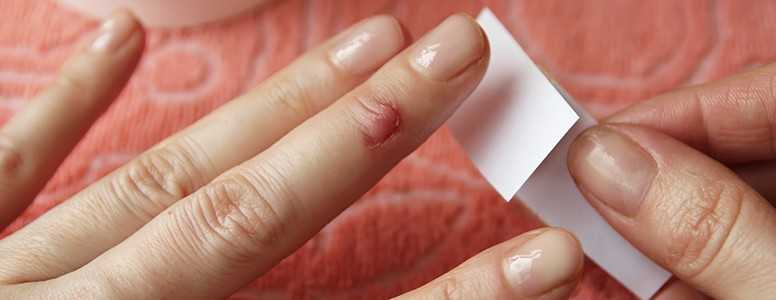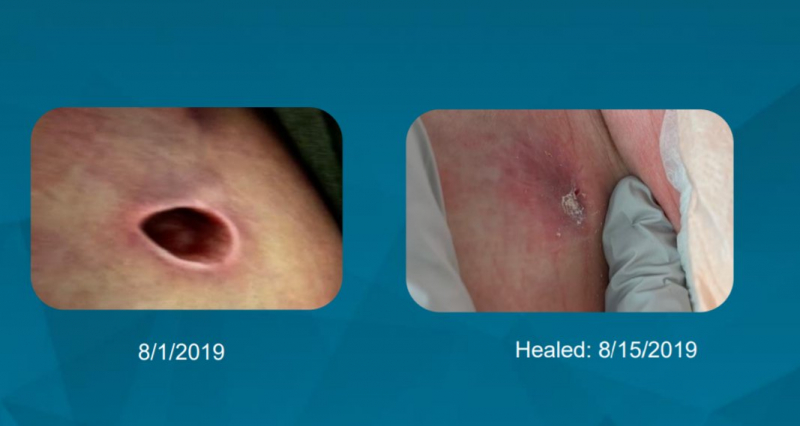Slow wound healing
Slow wound healing after surgery or injury may indicate a deficiency in vitamin D. Vitamin D, which is well known for its ability to increase intestinal calcium absorption and plasma calcium levels, has recently been shown to be beneficial in a variety of vascular diseases by promoting angiogenesis and inhibiting inflammatory responses. In fact, a test-tube study found that vitamin D increases the production of compounds required for the formation of new skin as part of the wound-healing process. A meta-analysis of four studies discovered that vitamin D deficiency hampered certain aspects of healing in people who had dental surgery.
The role of vitamin D in reducing inflammation and fighting infections may also be important for proper healing. An older study of 221 people, 112 of whom had diabetes-related foot infections, discovered that those with severe vitamin D deficiency had higher levels of inflammatory markers that can jeopardize healing. In a 12-week study of 60 people with diabetes-related foot ulcers, those who took a vitamin D supplement had significantly better wound healing than the placebo group.












